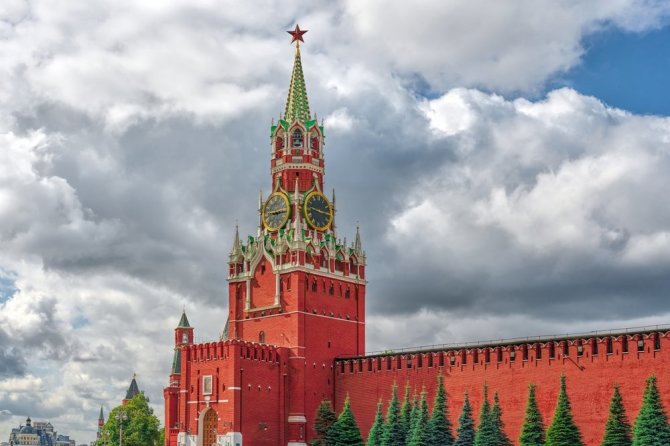Although government officials and the country’s richest businessmen are tired of the war, its possible end scares them even more, independent news site Meduza reported, citing sources close to the Russian government and the presidential administration.
One interlocutor from the Kremlin circle told reporters that, on the one hand, everyone is tired and would like it to end, because “no one wants an eternal war.”
According to him, supporters of the war can explain that it should end only on Russia’s terms, but he emphasized that there is still talk of peace: “This was especially actively discussed after the (Ukrainian armed forces) invasion of the Kursk region. Now the preparation of the country’s top leadership for peace talks can be “greater than in August”.
In the summer, officials and businessmen loyal to the government expected a serious escalation of the conflict due to the invasion of the Kursk region by the Ukrainian armed forces.
“The Kremlin has come to a conclusion: now we will definitely destroy the Ukrainian state. Now everything smells like fighting without rules – both sides are thinking how to make the situation worse for each other,” a source in the Russian government explained to Faridaily at the time.
At the moment, the mood in the Russian elite has changed again, the Meduza source close to the Kremlin continued: “The previous shock is gone.”
“However, it is not clear how it will be necessary to live after the “special military operation”, he said. – What goals will the country pursue? Now everything is clear: we are at war, and most decisions are made with this in mind. After the “special military operation”, we will have to think about the future, goals and strategies. And this is really scary.”
According to another Meduza interlocutor, big business, which has lost its strength in Western markets due to sanctions, as well as income and the opportunity to invest, also sees an uncertain future.
“Friendly” countries, such as China or Turkey, partially comply with the Western restrictions, and probably even after the end of the war, “all this will not be canceled”, the Meduza source expressed his belief.
After the invasion of Ukraine, he says, the horizon of business planning shrank, but it was clear what to do: Western companies left Russia, leaving niches to be filled.
“But now nothing old is left, nothing new is emerging, and everything is starting to stagnate,” the source emphasized.
The grandiose economic projects previously announced by President Vladimir Putin, promising a “sovereign” future for the country and the economy, remained on paper. Aircraft factories have not produced civilian aircraft for two years, shipyards cannot start production of tankers due to a lack of Western technology, and import substitution programs in the industry have gone to waste.
In September, a survey conducted by the Russian Academy of Sciences showed that every second company could not find analogues for imported equipment in Russia, and every third could not find analogues even in “friendly” countries.
The illusion of economic growth, created by trillion dollar injections into defense factories and round-the-clock production of tanks and bombs, is also collapsing: according to the forecasts of the International Monetary Fund (IMF), from 2025 The growth of Russia’s gross domestic product (GDP) will slow three times – to 1.3 percent, and the Russian Central Bank does not rule out a transition to stagnation (only 0.5 percent growth). Economic reserves are “practically exhausted”, in July. stated the head of the Central Bank, Elvira Nabiullina.
But the Kremlin thinks otherwise and demands more money for the budget, which already spends every third ruble on war.
2022-2024 the government has already increased the oil and gas mineral extraction tax, introduced an “excess profits tax” and currency exchange taxes on big business. And in 2025 the largest tax reform in recent decades will begin: the corporate tax will be increased, a differentiated personal income tax scale will be introduced, and customs and excise duties will also increase, including on fuel. According to Finance Ministry estimates, this will bring 3.6 trillion rubles to the budget next year, and almost 15 trillion rubles in six years.
However, even this money is unlikely to be enough, Alfa Bank Chief Economist Nataliya Orlova told The Moscow Times: “If not in 2025, the question of where to get additional income will arise again in the next few years.”
Paradoxically, the end of a war can be as painful for the economy as the war itself, noted Elina Rybakova, a senior researcher at the Peterson Institute for International Economics.
According to her, defense spending amounts to 6 percent. GDP, and if they are discontinued, the question will be what to do with the factories and the people who work in them. She emphasized that the turn to a war economy is structural, and further aggression is necessary for the economy to function.
Source: www.15min.lt



